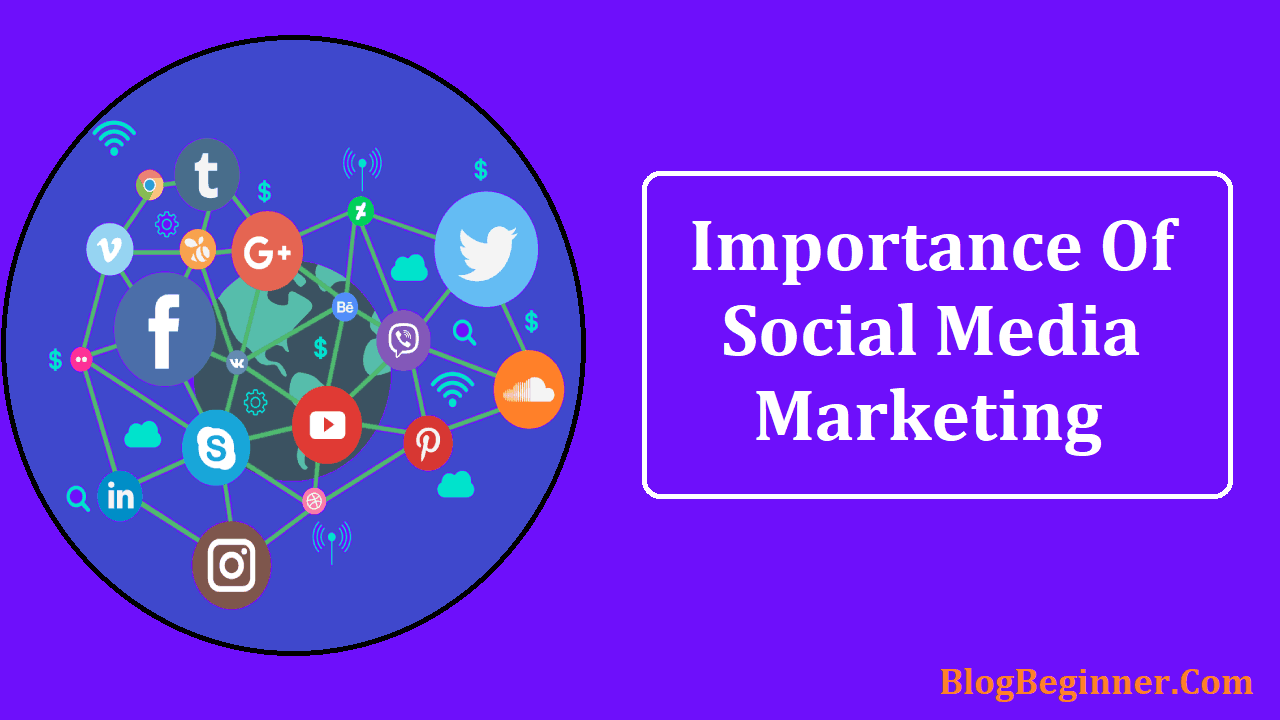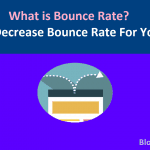Social networking has grown tremendously in this generation. Almost everyone has his/her own Twitter, Facebook, and Instagram accounts.
And as social media keeps dominating all other web space engagements, most people now tend to disregard other online activities — one of which is blogging.
Blogging is an activity that has been in the online setup even before these large social networking sites entered the scene.
It started as a simple medium wherein users can submit and save personal web entries about any topic which can be read by blog visitors.
Nowadays, blogging is more than just an online diary; it now serves as a medium through which users can engage in various online activities that social networking sites alone cannot offer.
Contents In Page
Versatile Medium
First off, blogs are not necessarily the direct opposite of social networking sites.
They are simply another type of online platform that may or may not have the specific features that a person can find in a social networking site.
Blogs are relatively larger than social media as they offer a wider range of content and activities.
For instance, Instagram users cannot submit a post in plain text because the site only allows its users to post, like, watch, and comment on pictures and short video clips.
Blogs, on the other hand, allow bloggers to post in whatever form. It may be in plain text, a compilation of pictures, or a combination of the two.
Another advantage of blogging is that a blogger can tell an entire story in a single post without worrying about any word limit.
Unlike Twitter, blogs do not have a 280-character limit and therefore offer more freedom to users.
Better Content
Since blogs are open to various forms and types of content, bloggers are free to expand or limit the areas of topics they want to include in their blogs, at their own discretion.
As a result, bloggers can focus on providing quality information that is related to their craft or passion, instead of just posting a picture of their meal on Facebook or sharing a meme.
This also saves other users from one of the problems of using social networking sites such as Pinterest or YouTube, in which some people just randomly end up reading unnecessary posts or watching videos which are not related to what they want to search.
Additionally, the limitless feature of blogs attracts writers and encourages them to write blog posts without any inhibitions, which could otherwise compromise the quality of output.
In contrast, social media platforms can control or prohibit posts even against the user’s will.
Higher Level of Engagement
Considering the quality of content in a blog, the attention span of readers is relatively higher when reading blogs than when reading social media posts.
As a matter of fact, there are social media users who just scroll too fast to even read the first sentence of a post in their timeline.
This is because when a person reads a blog post, he/she probably searched for it and is therefore interested in the subject.
This is in contract with social media platforms wherein a user may bump into a random post for no apparent reason.
Also, most of these leading social networking sites constantly develop algorithms that restrict a user’s post to only a certain number of people.
This imposes a great disadvantage on businesses as the only option left for them is to spend dollars for a larger audience.
Far-Reaching Connections
The higher the engagement level, the more connections a user can build with his/her networking platform.
Blogs allow their users to connect to blog visitors, commentators, other bloggers, and readers who share the same interest with the blogger.
This is the reason blogs can provide wider connections than social networking sites that merely connect a user to his/her personal acquaintances.
Furthermore, a blogger can stream all his/her channels on the blog, including social media accounts. This helps the blogger promote other activities or businesses that he/she wants to share with readers.
Another way of promoting one’s blog is through writing a post for another person’s blog.
This practice is called guest blogging.
This helps the guest blogger to introduce himself/herself to a different set of audience and gather more followers or subscribers.
Additional Source of Income
The fact that blogs provide far-reaching connections makes them a wise option for someone who wants to earn from his/her online engagements.
A well-established blog with a decent size of audience attracts companies that need additional advertising platforms.
A blogger can earn by merely posting ads on one of the pages of his/her blog.
Aside from advertisements, a blog can also earn by promoting other products through affiliate marketing.
Income may also be generated through donation, by selling products, and even by selling the blog itself.
Social networking sites do not usually offer such income-generating options.
And if they do, they will require users to spend dollars first before promoting their products. The cost of doing so, however, might not justify the earnings.
Social Networking is Part of Blogging
Blogging does not require you to sacrifice your social media network. In fact, blogging further expands this network by helping you engage new people.
So, instead of spending hours on Facebook and other social networking sites, devote your time to establishing a personal or business blog that will boost your productivity and will help you generate a decent monetary return.








